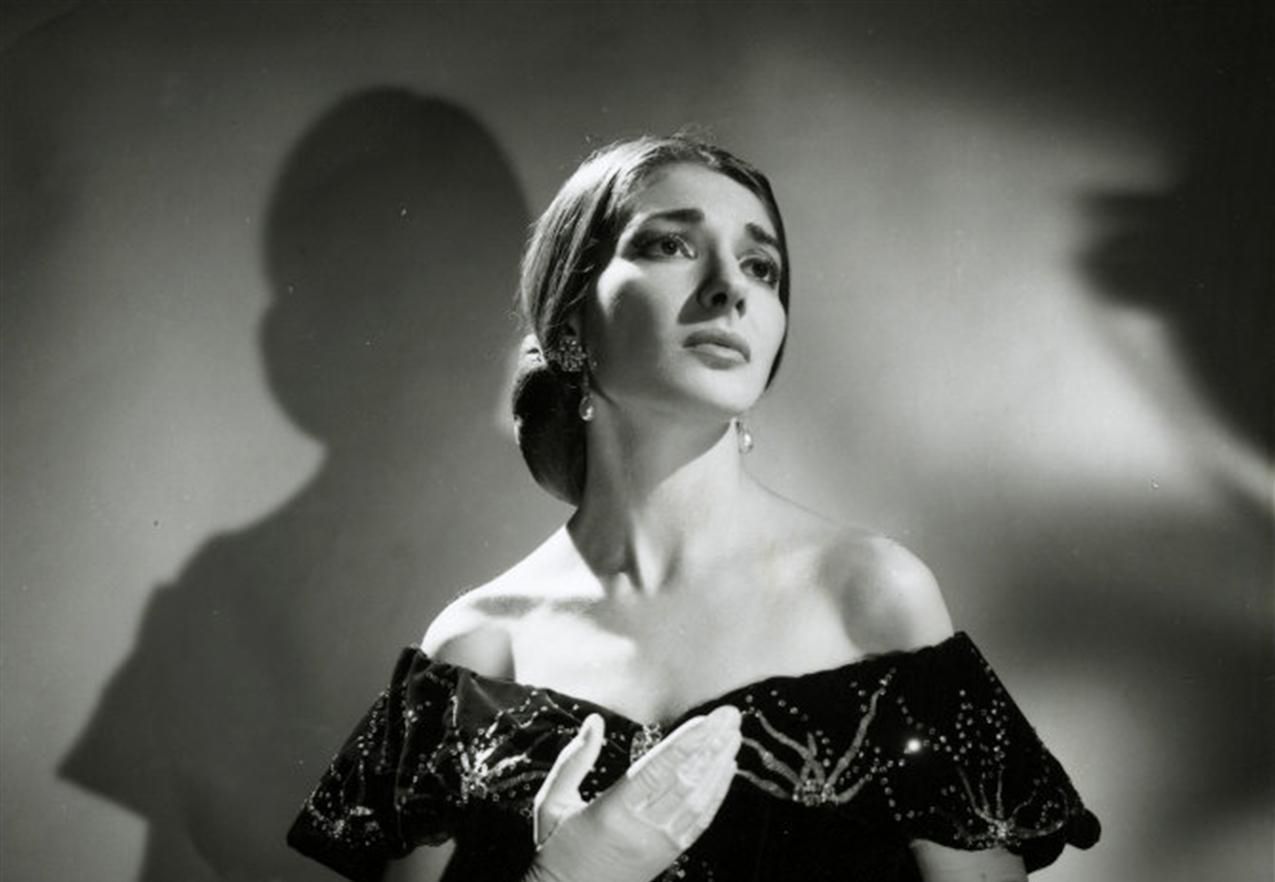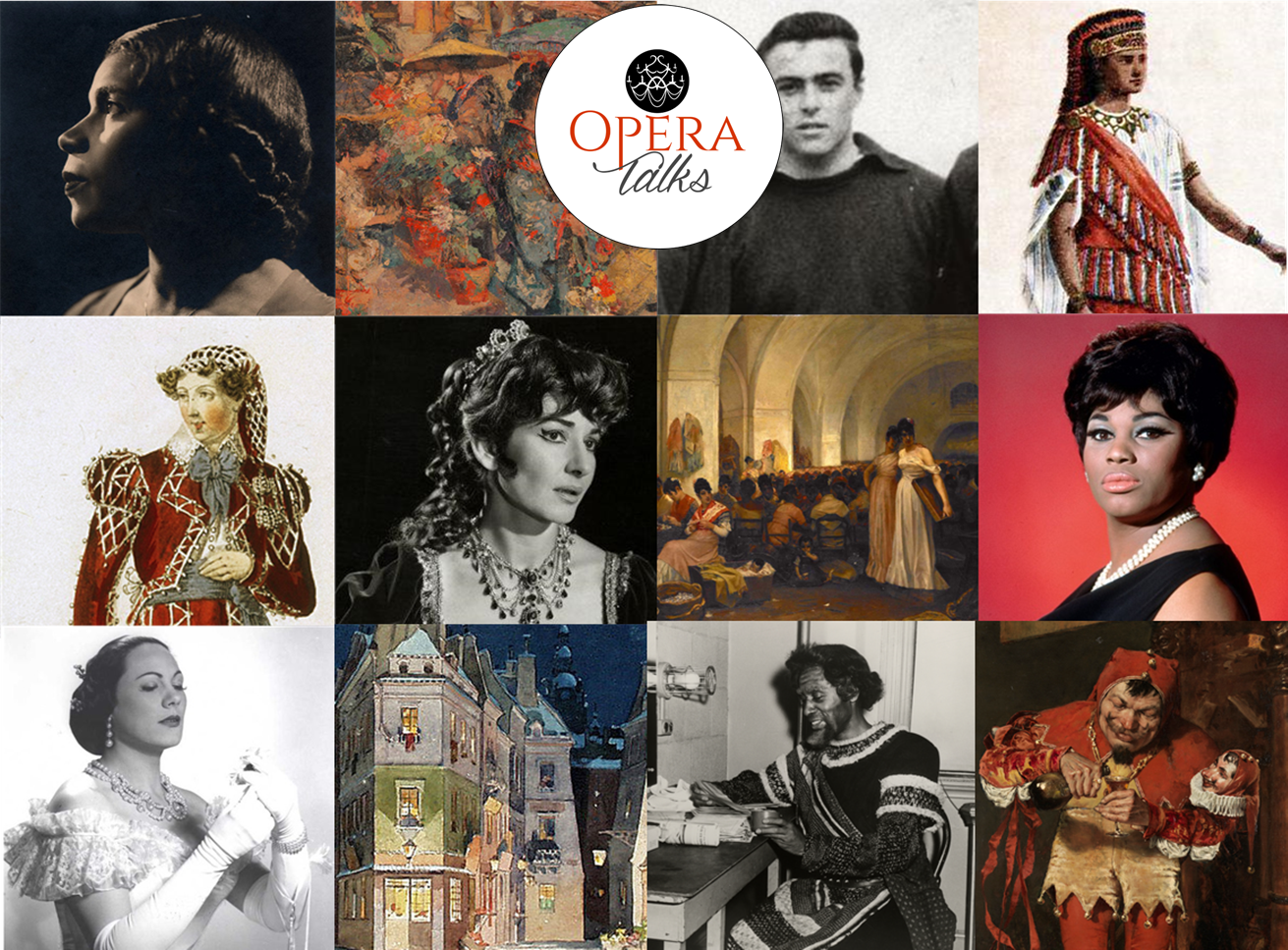LATEST
A short introduction to one of opera's brightest and influential divas celebrating her 100th birthday
Maria Callas, born on December 2, 1923, in New York City, emerged as one of the most iconic and influential opera singers of the 20th century. Her operatic career spanned from the late 1940s to the early 1970s, leaving an indelible mark on the world of classical music.
Callas's meteoric rise to fame began in the late 1940s when she made her debut at the Greek National Opera in Athens. However, it was her performances at the prestigious La Scala in Milan in the early 1950s that catapulted her to international stardom. Her powerful and emotionally charged voice, combined with a remarkable stage presence, set her apart as a true diva of the opera world.
Callas was celebrated for her interpretations of tragic heroines in operas by composers such as Verdi, Puccini, and Bellini. Her ability to convey intense emotions through her vocal artistry and dramatic prowess made her a sought-after performer on the world's leading opera stages.
Despite her immense success, Callas faced personal and professional challenges, including a tumultuous relationship with Aristotle Onassis and vocal health issues. In the mid-1960s, her career experienced a decline, but she made a triumphant return to the stage in 1968 with a series of concerts.
Maria Callas remains an enduring legend in the history of opera, remembered not only for her vocal brilliance but also for her dramatic interpretations that brought new depth and authenticity to the characters she portrayed on stage. Her legacy continues to inspire generations of opera enthusiasts and aspiring singers. Maria Callas passed away on September 16, 1977, but her contributions to the world of opera ensure that she will always be remembered as one of its brightest stars.
READ MORE








